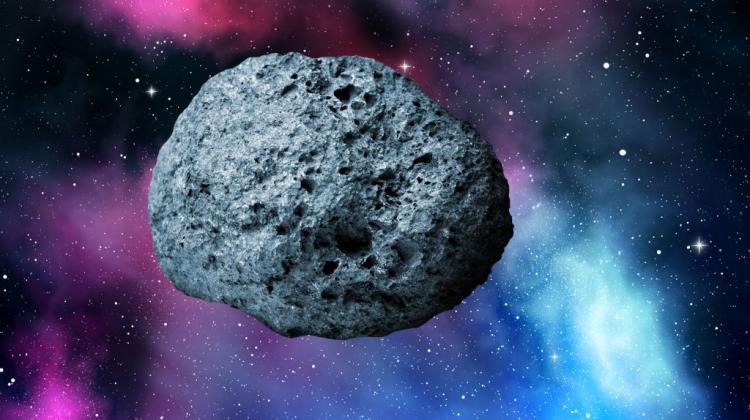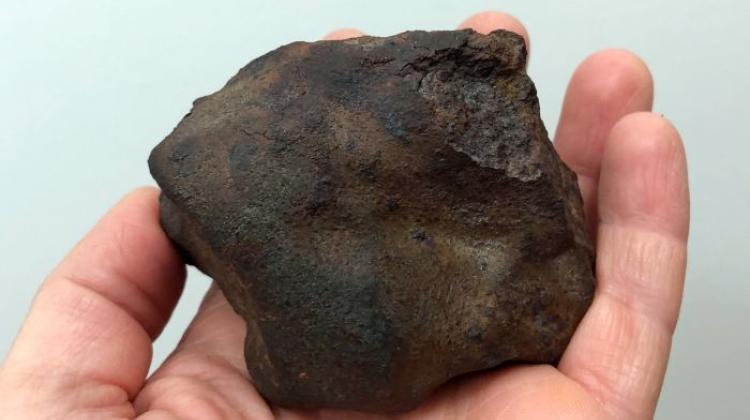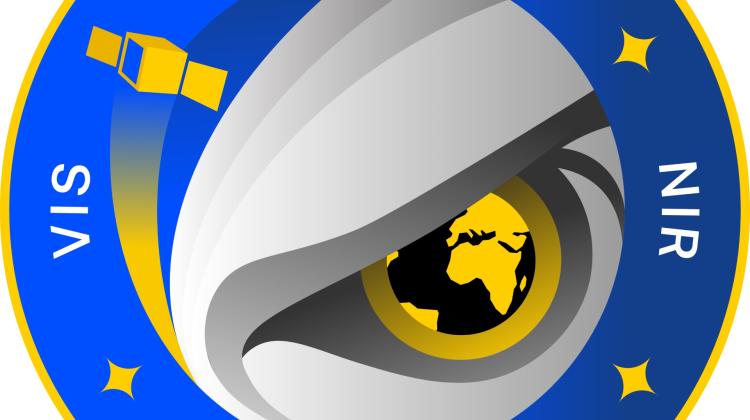Asteroid will be named after a young researcher from Hrubieszów

17-year-old King Panasiewicz from Hrubieszów won second prize in the field of medicine and health in prestigious science competition for young people Intel ISEF in the U.S. As a reward, her name will be given to one of the recently discovered asteroids.
Young Polish researchers also took places on the podium in the European computer scence competition Infomatrix in Romania. The victories of young scientists have been reported in the release sent to PAP by the representatives of E(x)plory Festival, which helps young Polish researchers start in the best research competitions.
Kings Panasiewicz won one of the second prizes in the field of medicine and health in the Intel ISEF competition, one of the most world’s important competitions of student research and engineering projects. The project of 17-year-old student from Hrubieszów concerned the impact of cerebral hemispheres synchronization on the brain. Kinga Panasiewicz won the prize of 1.5 thousand dollars. In addition, her name will be given to one of the asteroids discovered by the The Lincoln Near Earth Asteroid Research (LINEAR) poroject of the Lincoln Laboratory, MIT.
"The human brain consists of two hemispheres, different in many respects. Im my project I focused on the phenomenon of linkage of certain mental functions with specific areas of the brain, as well as the issue of synchronization of the two hemispheres. I based my results on on behavioral laboratory experiments and clinical EEG tests. The data collected during the study showed that appropriate synchronization exercise program significantly affects the activity of the central nervous system - Kinga Panasiewicz described her study.
Kinga Panasiewicz not only conducted extensive research, but also found support for her conclusions in scientific authorities in the field of neurology and psychiatry at the Universities of Cambridge and Glasgow.
Young Polish scientists were also successful at Europe\'s largest computer science competition Infomatrix. Mateusz Stec, student of mechatronics technical school in Tarnów, designed and built precise industrial robots, which can replace humans in dangerous work, and find applications in many industries, such as welding bridges or drilling holes. According to the representatives of the E(x)plory Festival, innovation in his project is low cost of production and the ease of programming of robots. Even an inexperienced person can learn to operate them in just a few hours.
"I was driven by curiosity and a desire to find answers to questions that are a mystery - said Mateusz Stec. - Since childhood I have been doing everything possible to understand the world and the laws that govern it. Knowledge and experience gives me the ability to create devices that help people in their work. Such a great goal is the motivation in itself."
Robot built by the student was awarded gold medal in the "Hardware control" category. In the same category two other Polish teenagers won bronze: Michał Niewiadomski and Daniel Szczęsny from Wałbrzych. They built a sorting machine for various materials. It can be used both in industry and in environment protection.
Young Polish researchers took part in one of the most important scientific competitions for young people through the E(x)plory Festival. Young researchers can now submit their ideas for the next edition of the Young Scientists Competition - E(x)plory 2014. The competition is open to amateurs of science at the age of 14 to 20 years. For more information visit www.explory.pl
PAP - Science and Scholarship in Poland
lt/ krf/ mrt/
tr. RL
Przed dodaniem komentarza prosimy o zapoznanie z Regulaminem forum serwisu Nauka w Polsce.


















